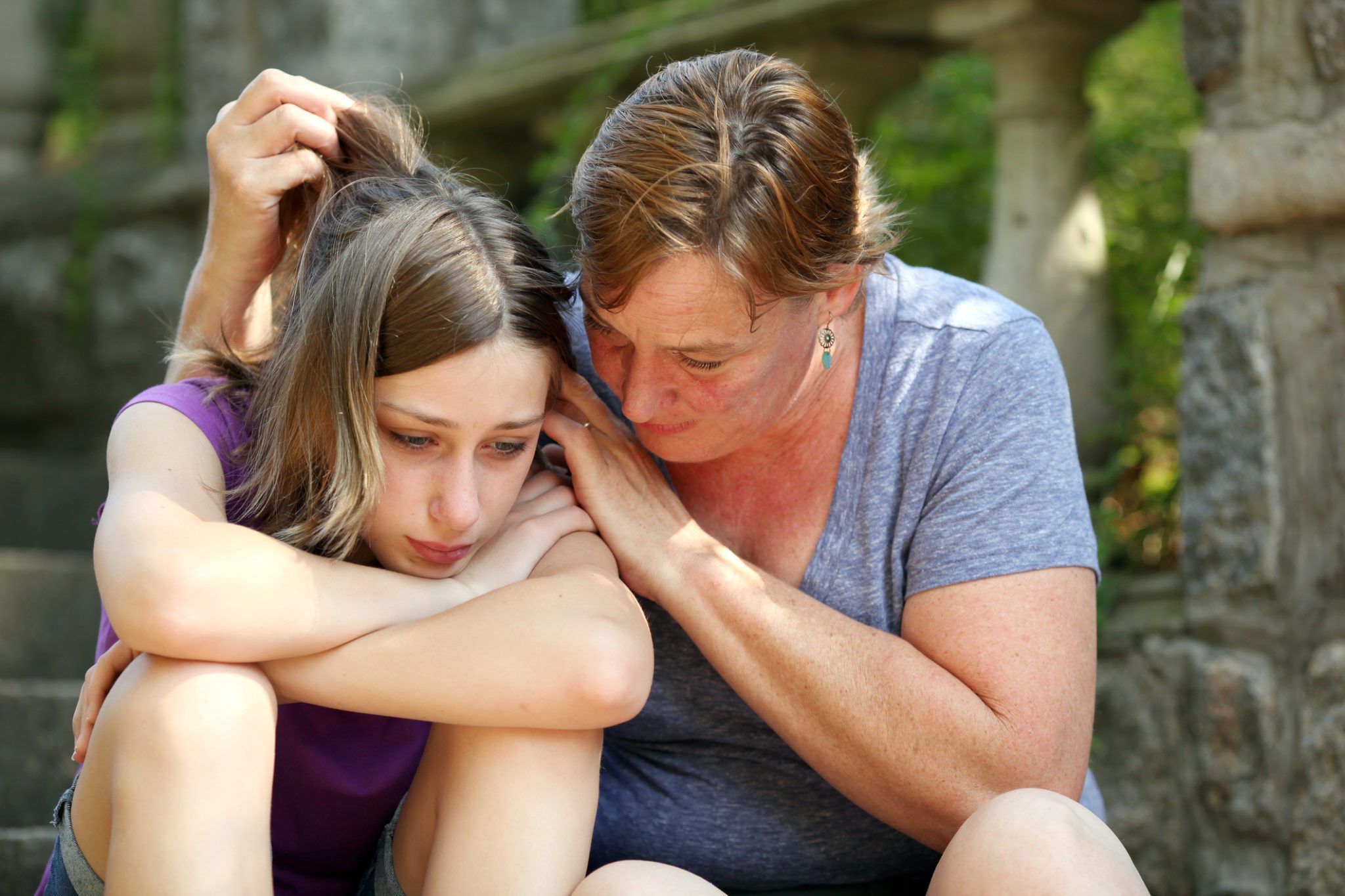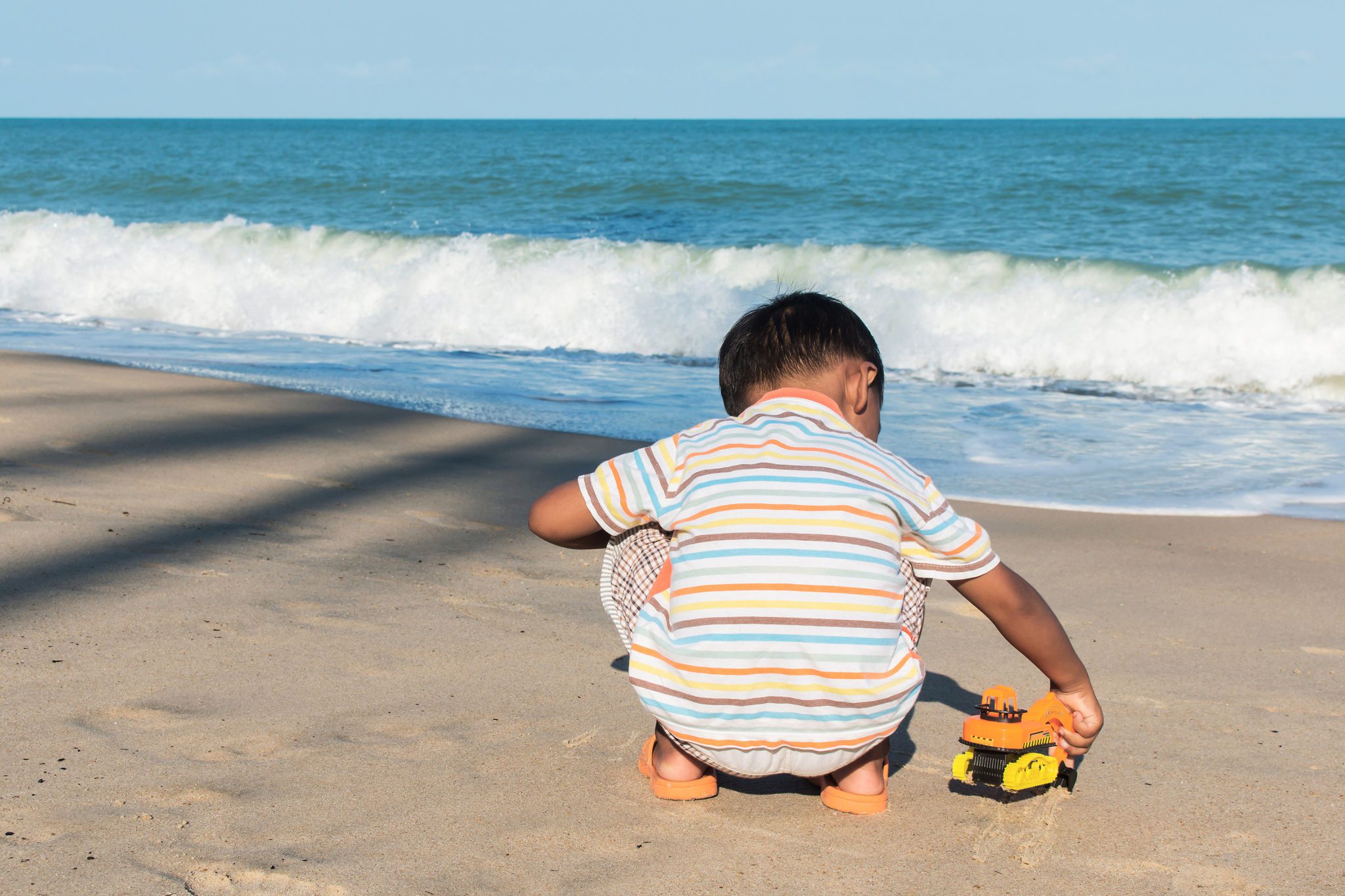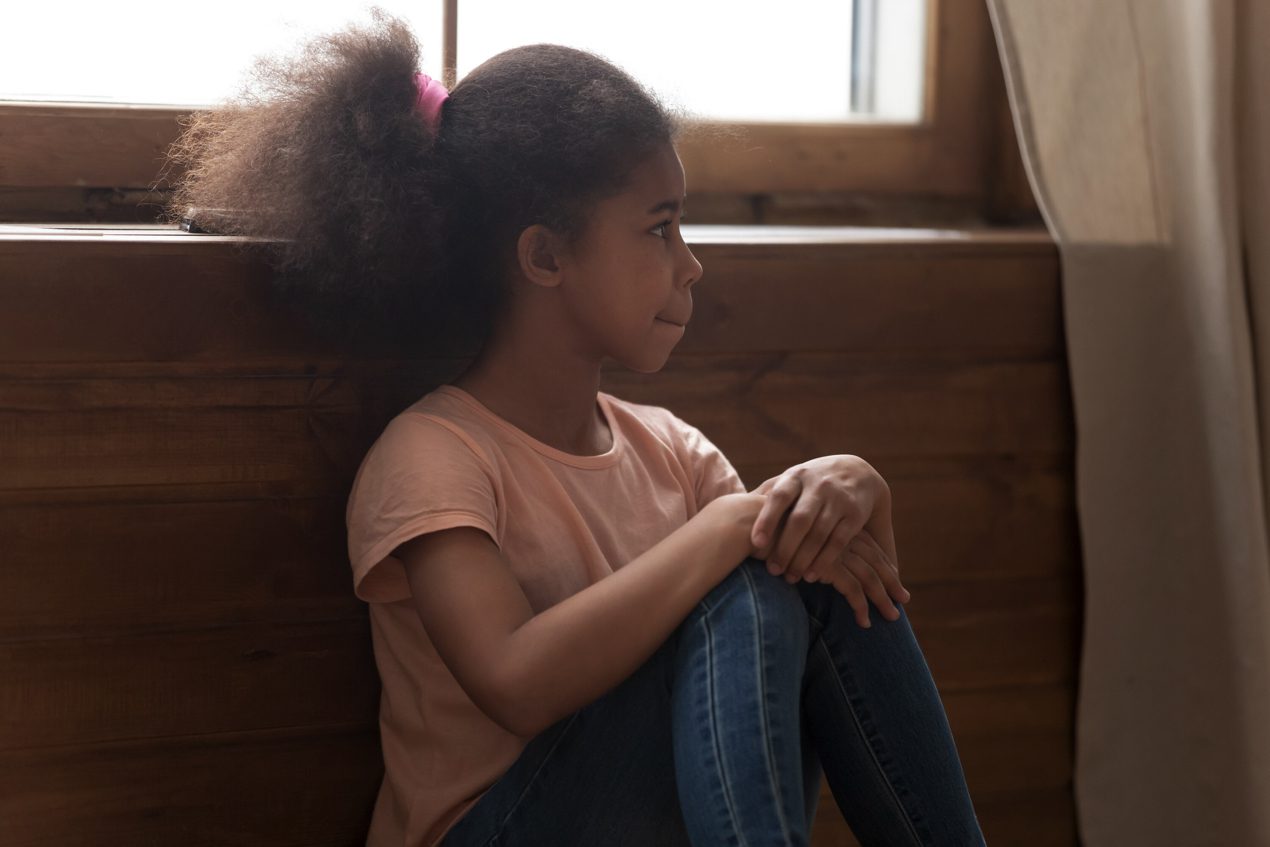A Parent’s Journey Through Autism: “I have to admit it’s getting better, a little better all the time…”
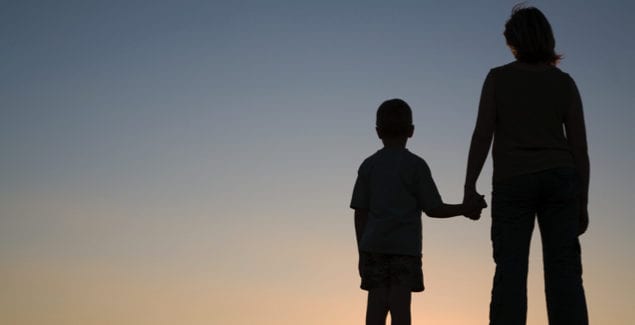
Posted in: Parenting Concerns
Topics: Autism Spectrum, Real Lives Real Stories
This blog post is part of a series entitled Real Lives, Real Stories: Personal Experiences With Mental Illness.
Note: The following person’s account of his/her personal experience has been published with his/her consent to support the mission of The Clay Center for Young Healthy Minds, and let others in similar situations not feel so alone.
Introduction
Gene Beresin, M.D.
We are increasingly learning more about Autism and its many variations. We know that it’s incidence is increasing, but sadly the causes are unknown. We also know that the experience of autism, for both kids and parents, is extremely difficult, challenging and deeply frustrating. As we see in this story, despite the profound uncertainty for everyone, there is hope.
While there are significant differences among kids with autism, we know that with coordinated efforts of clinicians, parents, teachers, and many others, these kids get better. Thirty years ago, there were far fewer evidence-based ways of treating autism than there are today.
Not only is there hope for parents and for individuals with autism, there are other reasons to be optimistic. I was a training director in child and adolescent psychiatry for over 30 years. I still interview every applicant that comes to MGH and McLean. Over the last decade one of the top interests in our incoming classes is conducting clinical care and research in autism.
This is a story of hope, and I am sure it will inspire us to continue to work toward tackling this complex developmental problem.
***
A Parent’s Journey Through Autism: “I have to admit it’s getting better, a little better all the time…”
As the mother of a young man with Autism Spectrum Disorder (ASD), other parents often ask me about my experience. They want to know how I got through it and more importantly, how my son is doing now. We’ve been at it for more than 30 years and I’m glad to say he’s doing well. We’re proud of him, and ourselves, for the progress we’ve made in this journey together.
Our son is a college student, an employee, a brother, nephew, cousin, and grandson. I’m happy to say he has some good friends who are the kind of people you’d want your kid to be around. He’s a big reader, a dog lover, a history buff, and like everyone else in Boston, an avid sports fan. His unique ability with numbers and recall for sports stats is kind of mind-bending.
At 8:00 last night I realized that he and I hadn’t spoken yet, as we usually do every day. I called and then sent a text but didn’t hear back ‘til this morning. He’d written after I’d gone to bed. The note said, “Sorry, I was prepping for my presentation at school.” He had been to work that day, and was in his apartment doing what he needed to do, so he’d be ready for class today. That got me to thinking about where he is now – where we are – in the journey.
Like most first time parents, we were thrilled with our new son, filled with hopes and dreams for his life and happiness. We tried to do everything right and to keep track of the prescribed milestones of our little boy. First food, first steps, first words. The delays were subtle at first (because we were looking for something that wasn’t happening) and then the issues became increasingly apparent.
Our son’s language skills came slowly, making it frustrating and hard to communicate his needs or wishes, which in turn led him to be increasingly isolated from other kids. He wanted to connect but wasn’t good at it. We had various evaluations and as a result, got him into early intervention and special preschool, and then additional services in school. Though clearly a smart and capable youngster in so many ways, we worried about his growing frustration and aloneness. And we came to realize that he longed for friends, but didn’t have the basic skills to engage in the kinds of relationships he saw around him. We could only imagine his sadness and deep sense of isolation. But even as his parents we couldn’t walk in his shoes.
Toward the end of elementary school, we got a diagnosis of ASD. Throughout, there were therapies and programs, camps and curricula, and evaluations and Individual Education Plans (IEPs) galore. We knew all the special educators in our town, many of the doctors, and even some of the lawyers, and we have a basement full of records documenting all of it.
Without any real community of families like ours – because no one talked about autism then – we did everything we could to help our son learn and grow and participate in activities, like other kids. In our high-achieving town, the endless measuring of relative progress – his and ours – felt painful as we came up short year after year. Mostly we felt alone in our struggle, and scared about the future. There were no resources or research to help us know what to anticipate next, or even what to realistically hope for.
The teen years brought the added challenges of surging hormones and a fast growing physical stature, as well as confusion and frustration about all the social aspects of life. It was hard all the way around.
Fast forward through high school (because why wouldn’t you want to?), and into his early 20s, we began to notice our son’s growing sense of himself. He knew a few of his strengths and was acutely aware of his limitations, but he had some evolving ideas of what he wanted for himself, personally. College was one of those things, along with a place of his own, a girlfriend, and a dog. These are pretty fundamental wishes, what any of us would want for our own lives and for our kids. Yet, unless you ask and really listen to the answer, you don’t often hear the bottom line hopes and dreams in most social conversations. Sort of interesting that having a kid with communication challenges brought that insight home.
Eventually, he enrolled in community college, where students come from all circumstances but fundamentally want the same thing: a degree. Choosing and registering for classes was a process to be navigated. Class schedules, new professors, and the mix of other students were all new territory. The commute was a huge challenge. But gradually he built up his tolerance for all those transitions. It took a few years longer but our son graduated with his associates’ degree last May and is continuing on toward his bachelor’s degree at a four-year college.
He now lives on his own, takes the public transit where he needs to go, gets his own groceries, mostly keeps up his apartment, puts his paychecks in the bank, does his laundry, and even changes the sheets and returns his recyclables. He values his family and friends, stays connected to both, respects his commitments, is funny, sometimes painfully honest and always direct. He has a growing perspective about life and shares the same concerns many of us do about the direction of our nation and the world.
Our son’s timeline and milestones have been different from others’, but make no mistake, he’s moving forward in his life. We’re proud of him – especially proud of who he is. Like many other young adults, he is working to make his dreams a reality one day at a time.
He lives in the present, and often says to me, “Take time for yourself and try to do something fun today, you deserve it because you work hard.” Surely a lot of wisdom in that.
We are relieved to have made it thus far, to be living in the present and looking forward to the future. And we’re all still hoping for the dog and the really nice girlfriend…
Was this post helpful?
Newsletter
Subscribe Today
Your monthly dose of the latest mental health tips and advice from the expert team at The Clay Center.
SubscribeMultimedia
Quick Jumps
Tag Cloud
-
addiction
ADHD
adolescents
anorexia
anxiety
autism
behavior
CBT
child development
children
college
communication
covid-19
depression
digital media
dyslexia
eating disorder
evaluation
family
fear
healthy development
learning
learning disabilities
learning disability
mental health
mental illness
parenting
parents
Podcast
PTSD
relationships
resilience
school
shrinking it down
social media
stigma
stress
suicide
technology
teenagers
teens
therapy
trauma
treatment
violence

 Share
Share Tweet
Tweet
